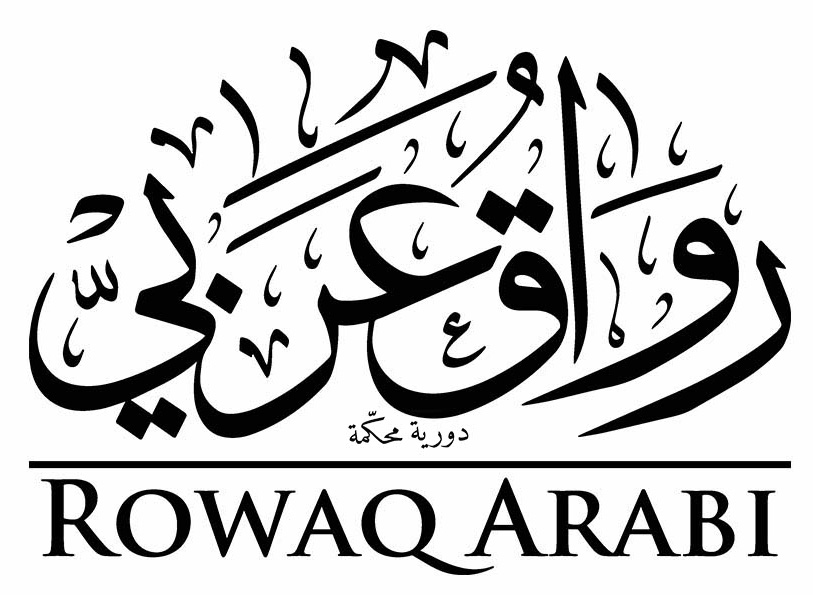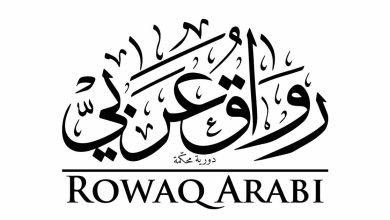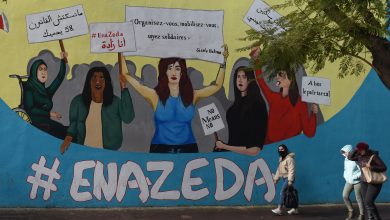Call for Papers: The Fall of the Assad Regime and Its Implications for Syria and the Wider Region
The collapse of Bashar al-Assad’s rule in Syria, following a ten-day offensive by the Turkish-backed Hayat Tahrir al-Sham (HTS) and Syrian National Army (SNA) in December 2024, marked a pivotal moment for Syrians and heralded far-reaching and unpredictable repercussions across Syria and the broader Arab region. This historic event brought an end to five decades of dictatorship and is widely regarded by Syrians as a victory for their revolution, which began fourteen years ago. Assad’s brutal suppression of that revolution ignited a protracted and devastating war, drawing in regional and international powers, including Russia, Iran, Turkey and several GCC states, which led to the deaths of over half a million people, the external displacement of more than six million Syrians, the internal displacement of over 7.4 million, and widespread destruction of the country’s infrastructure and economy. In the aftermath, Syrians have faced immense transitional, political, socio-economic and geopolitical challenges. Human rights defenders continue to advocate for a transparent transitional justice process to address the complex legacy of crimes and institutional decay under the Ba‘athist regime. However, the newly established de facto government led by President Ahmed al-Sharaa, formerly the leader of HTS, has exhibited contradictory attitudes towards democracy, participatory constitutional reform, and improvements in the human rights landscape. Syria’s ongoing transition is further complicated by severe economic hardship and evolving global dynamics, particularly under the new American administration of Donald Trump, as well as the growing influence of regional actors. At the regional level, the post-Assad era has also reignited political and academic debates concerning change and continuity in Arab political structures, set against the backdrop of authoritarian resilience in states such as Egypt, Algeria, Tunisia and the GCC, and continued fragmentation and state fragility in countries including Sudan, Libya and Yemen.
Rowaq Arabi, a peer-reviewed journal dedicated to human rights studies, is seeking research papers exploring topics related to the unfolding dynamics of Assad’s fall and its implications for the Arab region. The journal calls for the submission of abstracts for original research (in Arabic or English) drawing on interdisciplinary approaches in social sciences, humanities, and law. Abstracts of a maximum of 150 words should be submitted to [email protected] along with the author’s CV and list of scholarly publications. Additionally, unpublished junior scholars are encouraged to submit full manuscripts instead of abstracts. There is no deadline, and we will process the submissions (of abstracts and full manuscripts) as we receive them until the plan for this issue is complete. The best and most relevant abstracts will be accepted, and authors will be given an appropriate period to finalise their full manuscripts, which will be sent to blind peer-reviewing. Authors of approved manuscripts will receive financial remuneration upon publication. Papers that do not follow Rowaq Arabi’s style guidelines, available here, will not be considered for peer-reviewing.
Rowaq Arabi suggests the following sub-topics for research while welcoming other suggestions relevant to the call as indicated above. Approaches can include case studies or comparative analyses.
- What is the prospect for political and economic reconstruction and inclusive citizenship in post-Assad Syria
- What is the ongoing debate on accountability for past human rights abuses under the Ba‘athist regime, and what is the prospect for an inclusive transitional justice process in Syria?
- What are the origins and transformations of the different trends of political Islam in Syria, and how have Islamists in the Arab region perceived the role of Islamist jihadists in recent changes in Syria?
- What social transformations and new forms of community dynamics are emerging in Syria post-Assad, particularly in relation to memory, trauma, resilience, and the reshaping of civic and political identity? How is the rise in social conservatism and the erosion of widespread fear among citizens affecting these dynamics?
- What is the impact of Syria’s economic collapse, stemming from both the systematic destruction under Assad’s regime and the effects of international sanctions, on the country’s internal stability and broader regional dynamics? How are local and regional reconstruction initiatives progressing?
- How do ongoing debates around federalism as a future political model for Syria engage with Kurdish demands for autonomy, and to what extent can federalism address the country’s diversity while ensuring justice, inclusion, and long-term stability?
- How are shifting alignments and geopolitical dynamics in Syria’s neighbourhood and the broader Arab region evolving, and what are the roles of regional powers such as Turkey, Saudi Arabia, Qatar, and Israel in influencing Syria’s future?
- What factors contribute to the resilience of authoritarianism in Arab political regimes, and what are the prospects for political change, state consolidation, reconstruction, and peaceful political order in war-torn Arab states?
- How has the shift in global politics over the last decade influenced the prospects for political transition and human rights change in the Arab region?
- How are the dynamics and the struggle for self-determination in Palestine evolving amid the rising unchecked military and political power of Israeli occupation?
Read this post in: العربية





